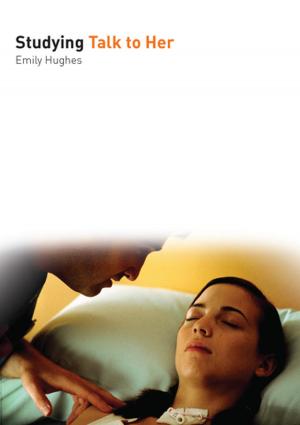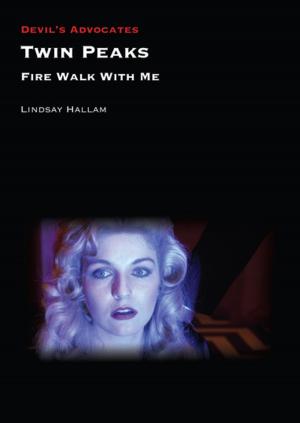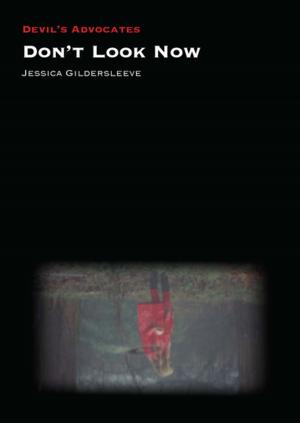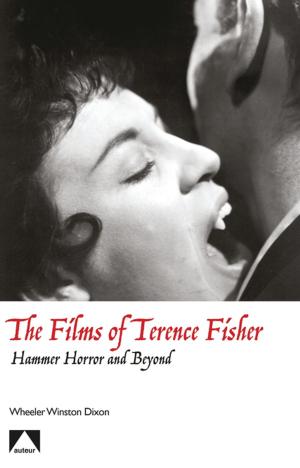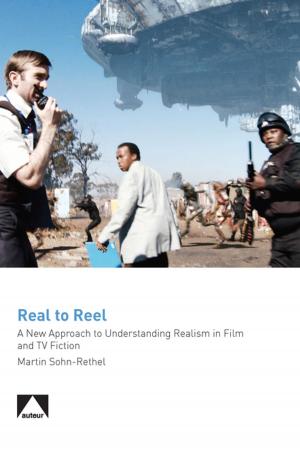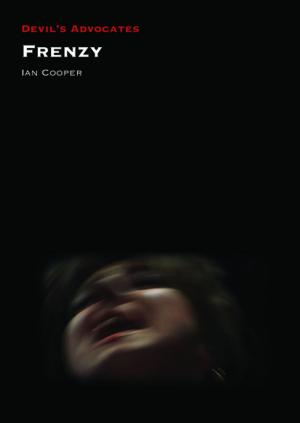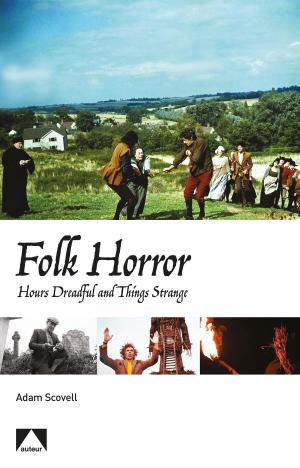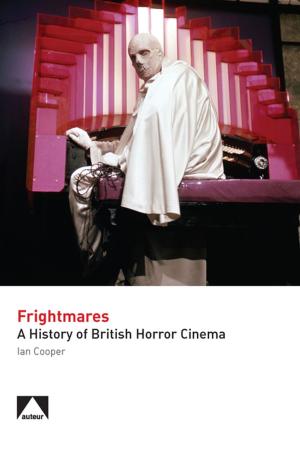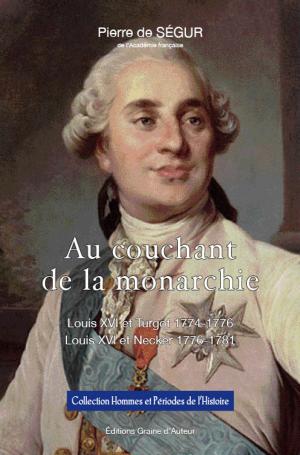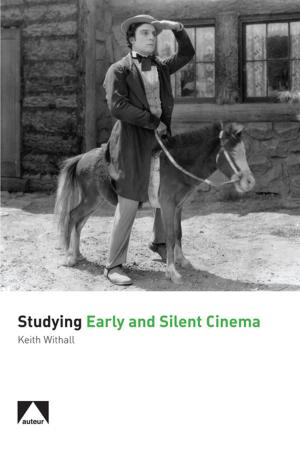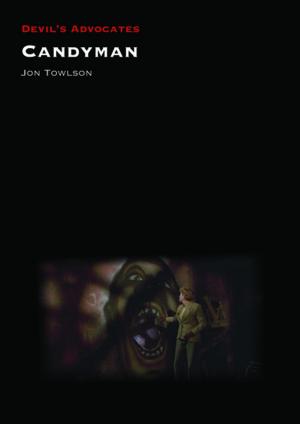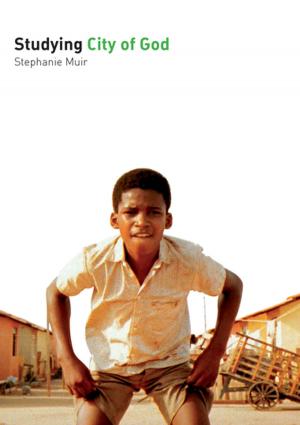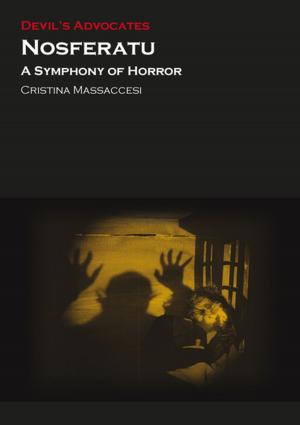| Author: | Laura Mee | ISBN: | 9781911325451 |
| Publisher: | Auteur | Publication: | September 28, 2017 |
| Imprint: | Auteur | Language: | English |
| Author: | Laura Mee |
| ISBN: | 9781911325451 |
| Publisher: | Auteur |
| Publication: | September 28, 2017 |
| Imprint: | Auteur |
| Language: | English |
Taking a fresh look at The Shining (1980), this book situates the film within the history of the horror genre and examines its rightful status as one of the greatest horror movies ever made. It explores how Stanley Kubrick's filmmaking style, use of dark humor, and ambiguous approach to supernatural storytelling complements generic conventions, and it analyzes the effective choices made in adapting King's book for the screen—stripping the novel's backstory, rejecting its clear explanations of the Overlook Hotel's hauntings, and emphasizing the strained relationships of the Torrance family. The fractured family unit and patriarchal terror of Kubrick's film, alongside its allusions to issues of gender, race, and class, connect it to themes prevalent in horror cinema by the end of the 1970s, and are shown to offer a critique of American society that chimed with the era's political climate as well as its genre trends. The film's impact on horror cinema and broader pop culture is ever apparent, with homages in everything from Toy Story to American Horror Story. The Shining showed that popular, commercial horror films could be smart, artistic, and original.
Taking a fresh look at The Shining (1980), this book situates the film within the history of the horror genre and examines its rightful status as one of the greatest horror movies ever made. It explores how Stanley Kubrick's filmmaking style, use of dark humor, and ambiguous approach to supernatural storytelling complements generic conventions, and it analyzes the effective choices made in adapting King's book for the screen—stripping the novel's backstory, rejecting its clear explanations of the Overlook Hotel's hauntings, and emphasizing the strained relationships of the Torrance family. The fractured family unit and patriarchal terror of Kubrick's film, alongside its allusions to issues of gender, race, and class, connect it to themes prevalent in horror cinema by the end of the 1970s, and are shown to offer a critique of American society that chimed with the era's political climate as well as its genre trends. The film's impact on horror cinema and broader pop culture is ever apparent, with homages in everything from Toy Story to American Horror Story. The Shining showed that popular, commercial horror films could be smart, artistic, and original.

